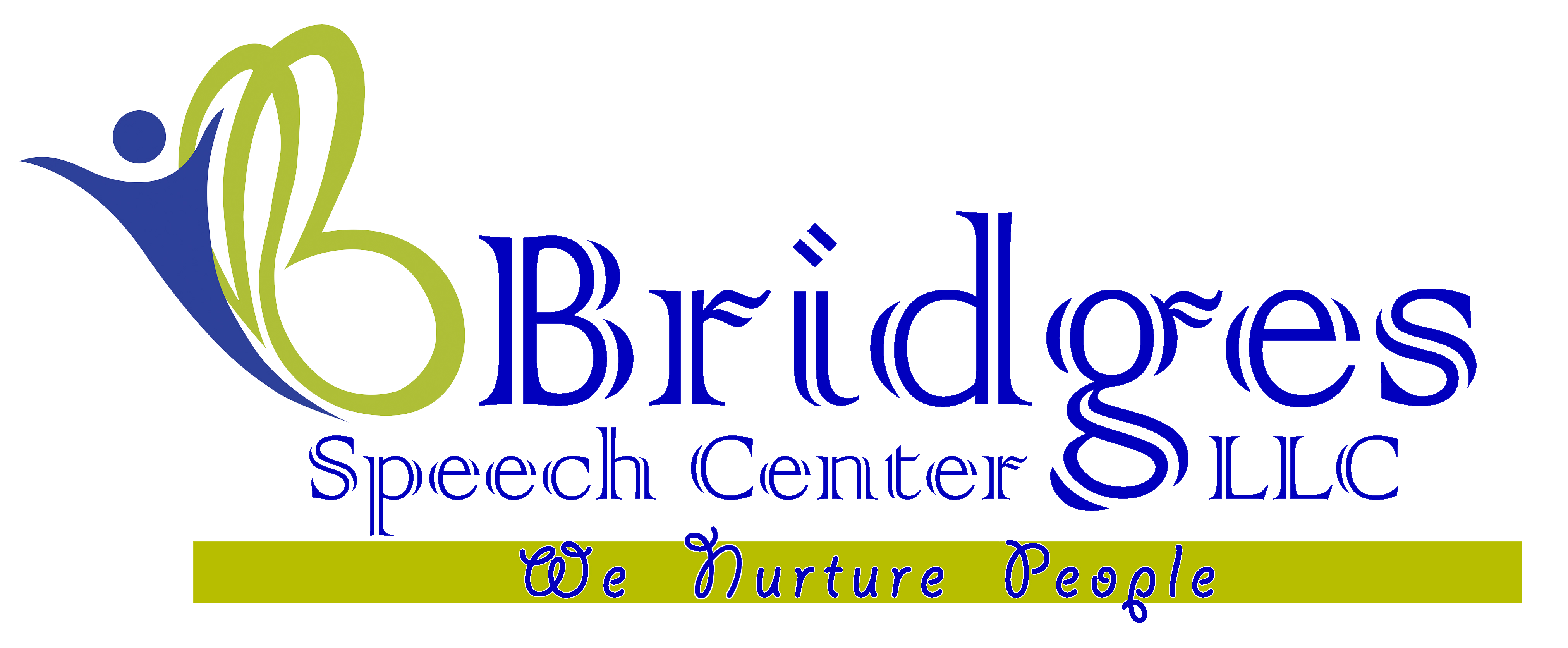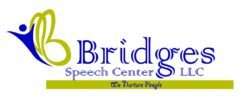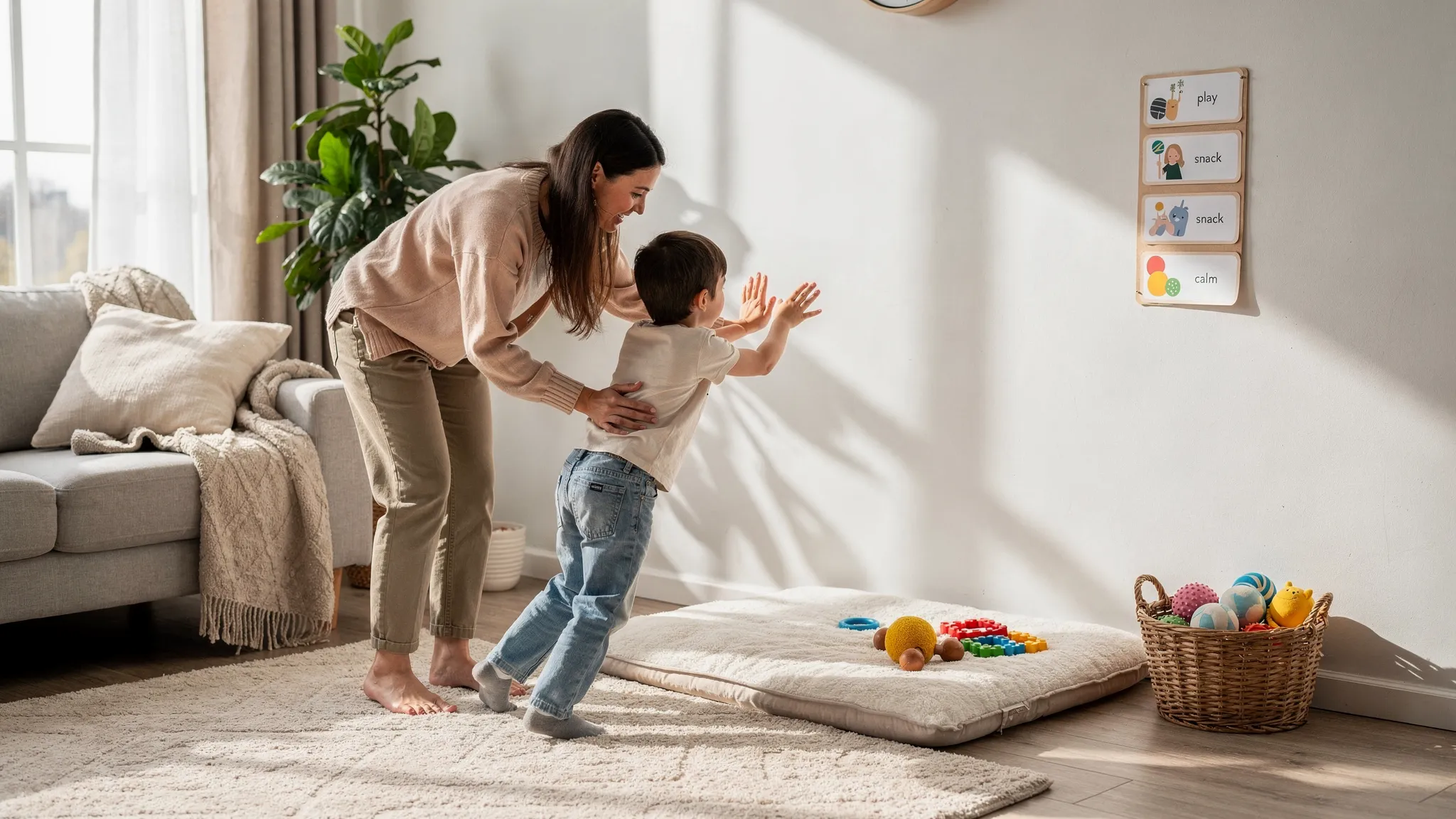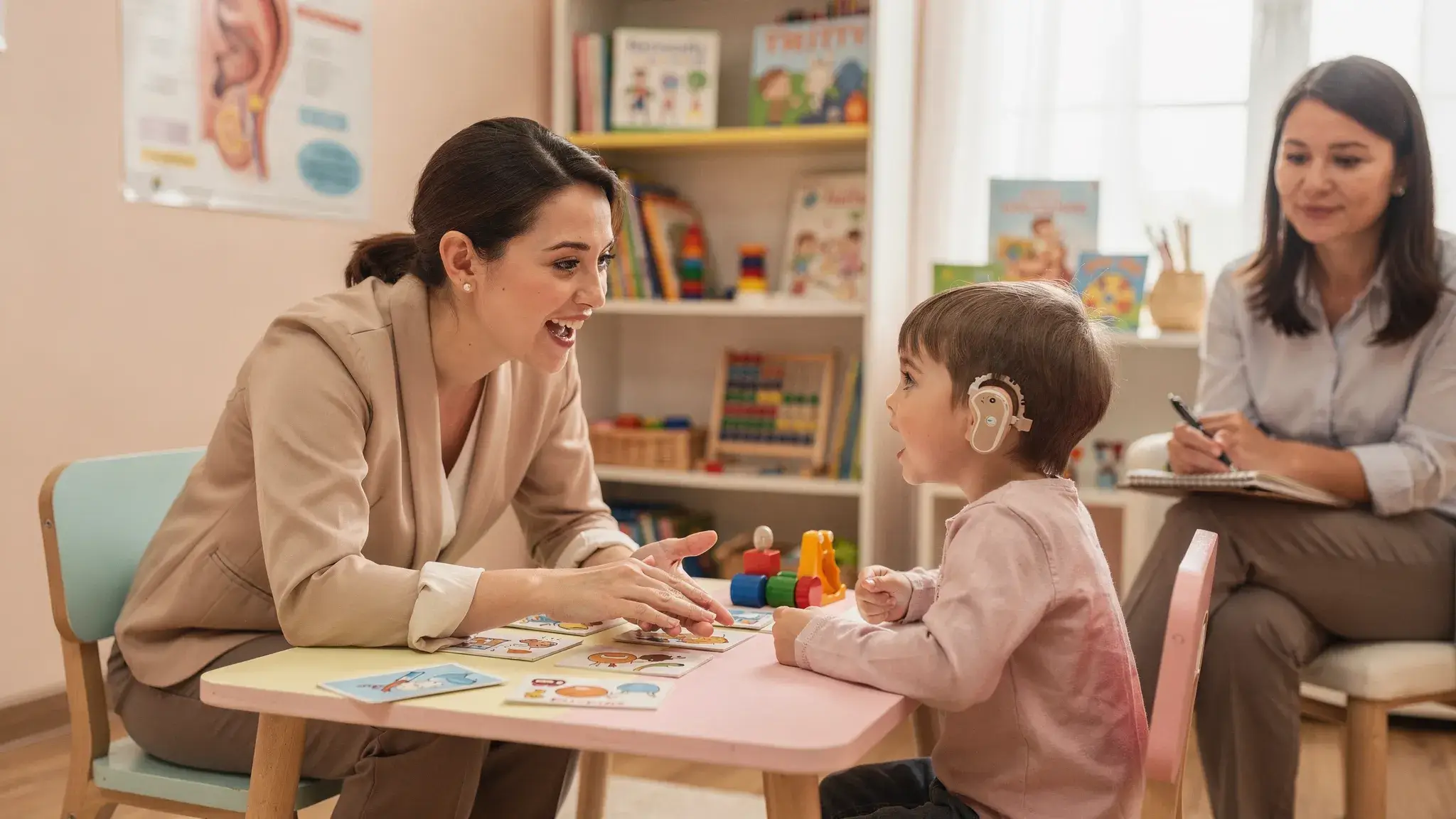- About Us
- Our Services
- Speech Therapy
- Speech and Language Therapies for Adults in Dubai
- Speech and Language Therapies for Children in Dubai
- Accent therapy
- Augmentative Alternative Communication (AAC) Therapy
- Articulation Speech Therapy
- Auditory Processing therapy/ Auditory verbal therapy
- Language Intervention: Speech Delay therapy
- Oral Motor Therapy
- Play Based therapy
- PROMPT/DTTC/RePT for Childhood Apraxia of Speech
- Social communication/Pragmatic language therapy
- Stuttering / Stammering therapy Program
- Spellography Program for Dyslexia
- Voice Therapy
- Home Care Services
- Feeding Therapy
- Physiotherapy
- Pediatric and Geriatric Physiotherapy
- Fall Prevention Programs for the Elderly
- Developmental Delay Treatment for Children
- Cerebral Palsy Management for Children
- Pediatric Orthopedic Conditions
- Osteoporosis Management for the Elderly
- Sports Injuries in Children
- Mobility and Balance Training for Elderly
- Joint Pain Treatment (Knee, Shoulder, Hip)
- Age-Specific Exercise Programs
- Coordination and Balance Exercises
- Orthopedic Physiotherapy
- Neurological Physiotherapy
- Sports Physiotherapy
- Cardiopulmonary Physiotherapy
- Women’s Health Physiotherapy
- Manual Therapy
- Therapeutic Exercise
- Pain Management
- Electrotherapy
- Ergonomic Consultation
- Tele-Physiotherapy Services
- Pediatric and Geriatric Physiotherapy
- Occupational Therapy
- Sensory Integration
- Clinical Psychology & Psychotherapy
- Cognitive Behavioral Therapy(CBT)
- ABA /Behavior Therapy
- Bridge Learning Program
- Group therapy
- Summer/Winter Program
- Telehealth Services
- Training Program/CEU
- Internship/ Observership
- Speech Therapy
- Super Team
- Collaboration
- Training Course
- News/Blogs
- About Us
- Our Services
- Speech Therapy
- Speech and Language Therapies for Adults in Dubai
- Speech and Language Therapies for Children in Dubai
- Accent therapy
- Augmentative Alternative Communication (AAC) Therapy
- Articulation Speech Therapy
- Auditory Processing therapy/ Auditory verbal therapy
- Language Intervention: Speech Delay therapy
- Oral Motor Therapy
- Play Based therapy
- PROMPT/DTTC/RePT for Childhood Apraxia of Speech
- Social communication/Pragmatic language therapy
- Stuttering / Stammering therapy Program
- Spellography Program for Dyslexia
- Voice Therapy
- Home Care Services
- Feeding Therapy
- Physiotherapy
- Pediatric and Geriatric Physiotherapy
- Fall Prevention Programs for the Elderly
- Developmental Delay Treatment for Children
- Cerebral Palsy Management for Children
- Pediatric Orthopedic Conditions
- Osteoporosis Management for the Elderly
- Sports Injuries in Children
- Mobility and Balance Training for Elderly
- Joint Pain Treatment (Knee, Shoulder, Hip)
- Age-Specific Exercise Programs
- Coordination and Balance Exercises
- Orthopedic Physiotherapy
- Neurological Physiotherapy
- Sports Physiotherapy
- Cardiopulmonary Physiotherapy
- Women’s Health Physiotherapy
- Manual Therapy
- Therapeutic Exercise
- Pain Management
- Electrotherapy
- Ergonomic Consultation
- Tele-Physiotherapy Services
- Pediatric and Geriatric Physiotherapy
- Occupational Therapy
- Sensory Integration
- Clinical Psychology & Psychotherapy
- Cognitive Behavioral Therapy(CBT)
- ABA /Behavior Therapy
- Bridge Learning Program
- Group therapy
- Summer/Winter Program
- Telehealth Services
- Training Program/CEU
- Internship/ Observership
- Speech Therapy
- Super Team
- Collaboration
- Training Course
- News/Blogs
Table of Contents
ToggleAphasia Therapy Treatment in Dubai
- Home
- Our Services
- Aphasia Therapy
Aphasia Therapy
Aphasia therapy is a specialized approach designed to help individuals who have acquired aphasia regain and improve their language and communication skills. Aphasia is a language disorder resulting from brain damage, typically caused by stroke, brain injury, or other neurological conditions. It affects a person’s ability to understand and produce spoken and written language. Aphasia therapy aims to minimize the impact of this communication disorder, allowing individuals to regain their ability to communicate effectively and participate more fully in daily life. Here’s a detailed look at aphasia therapy:
Assessment:
- Aphasia therapy begins with a comprehensive assessment conducted by a speech-language pathologist (SLP). This assessment involves a detailed examination of the individual’s language skills to identify any difficulties or impairments.
- The assessment evaluates various aspects of language, including word retrieval (the ability to recall words), sentence construction (the ability to form grammatically correct sentences), comprehension (understanding spoken and written language), and pragmatic language use (the ability to use language appropriately in social contexts).
- Through this assessment process, the SLP gains insight into the specific nature and severity of the individual’s aphasia, which guides the development of a personalized therapy plan.
Individualized Treatment:
- Therapy for aphasia is highly individualized, taking into account the unique type and severity of the individual’s aphasia, as well as their personal goals and interests.
- The therapy plan is tailored to address the specific language difficulties identified during the assessment, with the aim of maximizing the individual’s communication abilities and overall quality of life.
- Treatment strategies and goals are adapted and adjusted based on the individual’s progress, ensuring that therapy remains effective and relevant to their needs.
Language Modalities:
- Aphasia therapy addresses all language modalities, including speaking, listening, reading, and writing.
- Treatment strategies aim to improve overall language processing and expression across these modalities, helping individuals communicate more effectively in various situations.
- Therapy may include exercises and activities specifically targeting each language modality to address the individual’s unique communication challenges.
Restoring Language Skills:
- Therapy aims to restore and improve language skills that have been affected by aphasia through a variety of techniques, exercises, and strategies.
- Examples of therapy activities include picture naming tasks, where individuals practice naming objects or pictures, sentence completion activities to work on forming complete sentences, and story retelling exercises to improve expressive language skills.
- By engaging in these activities, individuals can gradually regain lost language abilities and improve their overall communication skills.
Compensatory Strategies:
- In addition to restoring language skills, aphasia therapy often teaches compensatory strategies to help individuals communicate more effectively despite their language difficulties.
- Compensatory strategies may include using gestures, drawing, or writing to supplement verbal communication, as well as learning to use communication devices or apps that provide alternative ways to express thoughts and ideas.
- These strategies can empower individuals to overcome communication barriers and participate more fully in daily life activities.
Conversation Practice:
- Aphasia therapy includes opportunities for structured and unstructured conversation practice to help individuals apply and generalize their language skills in real-life scenarios.
- Structured conversation activities may involve practicing specific communication strategies or skills, while unstructured conversations provide opportunities for individuals to engage in natural, spontaneous communication.
- By practicing conversation skills in therapy sessions, individuals can gain confidence and become more comfortable communicating in various social settings.
Reading and Writing:
- Therapy may include exercises and activities designed to improve reading comprehension, writing skills, and overall literacy.
- Reading comprehension activities may involve reading passages or articles and answering questions to assess understanding.
- Writing tasks may include writing sentences, paragraphs, or short stories to practice expressing thoughts and ideas in written form.
- By working on reading and writing skills, individuals can enhance their ability to communicate through written language, which is important for tasks such as reading emails, writing letters, or filling out forms.
Cognitive Communication Strategies:
- Individuals with aphasia may benefit from cognitive communication strategies to improve memory, attention, and problem-solving abilities related to communication.
- Cognitive strategies may include techniques for organizing thoughts and ideas, improving attention and concentration, or using memory aids to recall information.
- By incorporating cognitive communication strategies into therapy, individuals can overcome cognitive barriers that may impact their communication abilities and improve overall communication effectiveness.
Group Therapy:
- Group therapy sessions provide opportunities for individuals with aphasia to interact with peers facing similar challenges in a supportive and encouraging environment.
- Group therapy activities may include conversation practice, group discussions, or collaborative problem-solving tasks.
- Group therapy offers social support, encouragement, and shared learning experiences, which can help individuals feel less isolated and more motivated to work on their communication skills.
Family and Caregiver Involvement:
- Family members and caregivers often play a significant role in aphasia therapy, as they provide ongoing support and encouragement to the individual with aphasia.
- Family members may participate in therapy sessions to learn communication strategies that can be used at home to facilitate communication.
- Caregivers may also help reinforce therapy goals and techniques outside of therapy sessions, providing additional opportunities for practice and support.
Technology and Apps:
- Therapists may incorporate technology such as speech-generating devices and language therapy apps into aphasia therapy to enhance treatment outcomes.
- Speech-generating devices provide individuals with alternative ways to communicate by generating speech based on input from the user.
- Language therapy apps offer interactive exercises and activities designed to improve specific language skills, such as vocabulary, grammar, or comprehension.
Progress Monitoring:
- Regular assessment and progress tracking are essential components of aphasia therapy to evaluate treatment efficacy and adjust therapy goals and techniques as needed.
- Progress monitoring allows therapists to track changes in language abilities over time and identify areas of improvement or areas that may require additional focus.
- By monitoring progress, therapists can ensure that therapy remains aligned with the individual’s needs and goals, maximizing the effectiveness of treatment.
Emotional Support:
- Aphasia therapy recognizes the emotional impact of language loss and provides a supportive space for individuals to express and address feelings of frustration, isolation, and depression.
- Therapists offer guidance and support to help individuals cope with the emotional challenges of aphasia, providing strategies for managing stress and building resilience.
- Emotional support is an integral part of aphasia therapy, helping individuals feel understood, validated, and empowered to overcome obstacles and thrive.
Functional Communication:
- The ultimate goal of aphasia therapy is to improve functional communication abilities, enabling individuals to engage in meaningful interactions and participate fully in various aspects of daily life.
- Functional communication encompasses the ability to express thoughts, needs, and emotions effectively, as well as to understand and respond to others in a variety of social, vocational, and recreational contexts.
- Through aphasia therapy, individuals learn to adapt their communication strategies to different situations, navigate communication challenges with confidence, and rebuild connections with loved ones and the community.
- By enhancing functional communication skills, aphasia therapy empowers individuals to regain independence, pursue personal interests, and lead fulfilling lives despite the challenges posed by aphasia.
Aphasia therapy is a collaborative process between the individual, their SLP, and often their support network. It helps individuals regain independence, reconnect with loved ones, and navigate various communication challenges, enabling them to reintegrate into society and lead more fulfilling lives.
Make Appointment
Testimonials
What Parents Say
Send us an email if you wish to talk to any of them. For more reviews, please go to Google reviews.

My experience with bridges speech centre has been great. My child is attending OT in the center and we are happy and proud with the progress Mrs. Richa has made. The therapists are very supportive and knowledgable in selecting techniques to suit with our child's requirements . Their monthly review and evaluation is remarkable. I highly recommend bridges speech centre to anyone looking for an affordable and professional therapy for their child....

We were asked to consult a speech therapist for my son. As parents we were quite skeptical about this whole process. However, once my son started attending Dr Rupali’s sessions we noticed a drastic improvement in his speech. He used to speak only a few words but within the 1st four sessions he started speaking up-to 5 words sentences. I also learnt to manage my child’s emotions better with Dr Rupali’s guidance. She is very cooperative and patiently answer all questions.

We took our 21 month old daughter to Bridges speech center following her cleft palate surgery as she needed Speech therapy. Ms.Rupali was recommended to us by both our Pediatrician and ENT specialist. The staff at Bridges are qualified, warm and friendly. My daughter loved to attend the speech therapy sessions. Through various techniques and simulations provided during these sessions, I can see considerable improvement in my daughter's speech. Lastly I would say, no child is same, as parents we need to be patient and trust the process.

Rupali was excellent. In just couple of sessions she helped my child overcome difficulty in pronouncing ch and sh sound. Thanks very much.Highly recommend for children who will need assistance in speech therapy.
Blog & Article
Our Latest Blog & Articles
Sensory Integration Therapy at Home for Children with Sensory Challenges
When a child gets overwhelmed by everyday sounds, refuses certain clothes because they...
Auditory Verbal Therapy vs Speech Therapy: What’s the Difference?
After a hearing screening, an ENT appointment, or even a note from school,...



